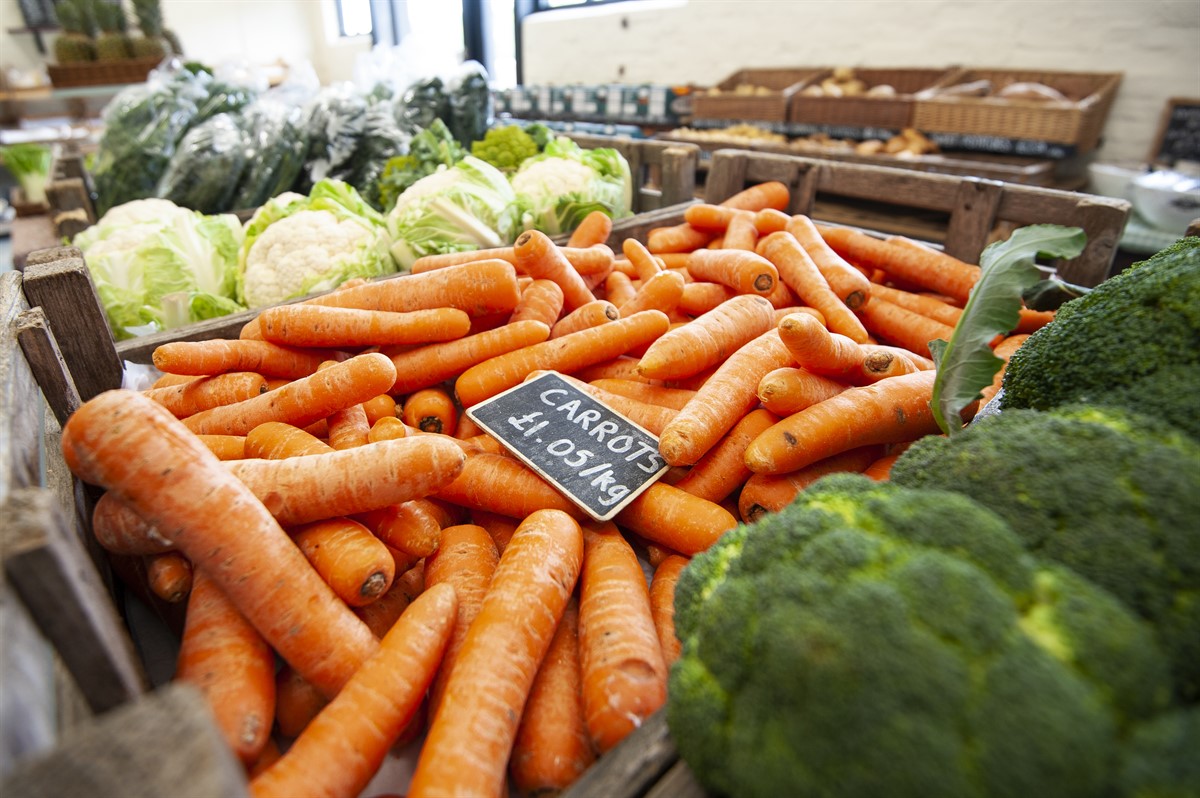Over 2012 – 2020, the share of EU agricultural land under organic farming increased by over 50% to reach 14.9 million hectares, totalling 9.1% of the EU’s agricultural area.
The 5 years to 2020 saw retail sales of organic products double in the EU. This is a result of increased of consumer demand during the COVID-19 pandemic where consumers had a heightened focus on health, coupled with higher food consumption at home. However, this data is based on consumer buying habits before Russia’s invasion of Ukraine and current cost of living pressures. In stark contrast to the pandemic, some Member States are now reporting a drop in demand for organic products as consumers scale back on spending.
Bigger farms, younger farmers
Although noting substantial variation between Member States, trends across the EU show that organic farms tend to be bigger than conventional farms, with an average size of 41 hectares compared to 16 hectares.
Organic farms are also managed by younger farm managers. 21% of organic farms had a manager under the age of 40, compared to only 12% in conventional farms, suggesting that organic farming is more attractive to younger people.
Less inputs, but lower yields
Unsurprisingly, organic farms spend less on fertilisers and pesticides. However, yields are also estimated to be 5-30% lower for organically farmed crops. Some organic farms also have a greater labour need to produce the same output value as conventional farms. Despite this, organic farms generate a similar or higher income per worker thanks to higher prices and higher levels of EU support, mainly from the Common Agricultural Policy (CAP).
Organic farming in the UK
In 2021, only 3% of UK agricultural land was farmed organically – totalling 507,000 hectares. This falls significantly behind some Member States including France and Spain who collectively farm almost 5 million hectares organically.
Whilst the UK organic market saw positive growth in 2021 to reach a value of £1.4 billion, the UK Farming Unions seek to further build a resilient, sustainable and thriving organic sector that continues to deliver our environment and climate ambitions, alongside contributing to food security.
Forward look
Whilst the EU Commission report provides valuable insight into the organic farming sector, it is important to consider the conclusions are based on data before current inflationary pressures and subsequent changes to consumer shopping habits. We will not have a full understanding of the impacts on the sector until the EU Commission update the organic farming statistics, which is not expected until June 2023.
